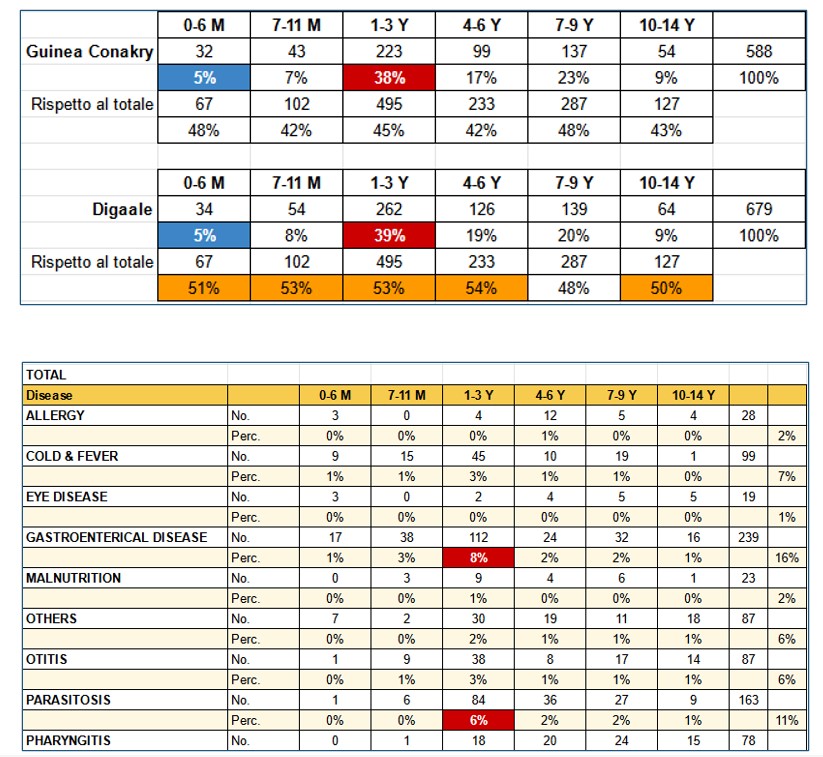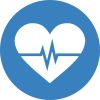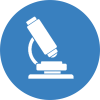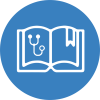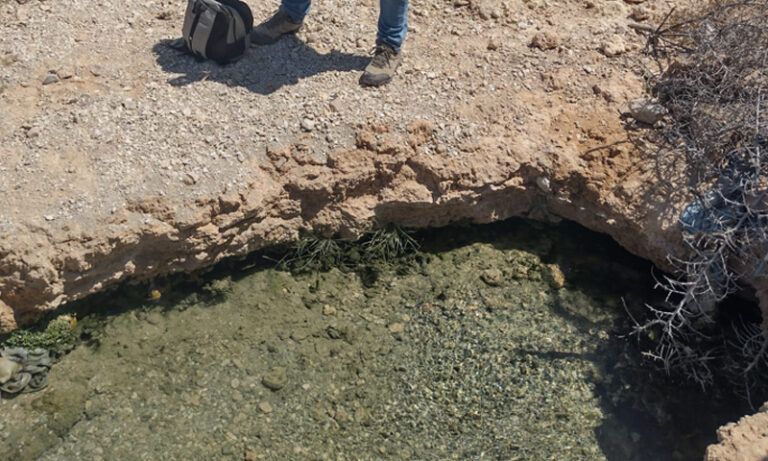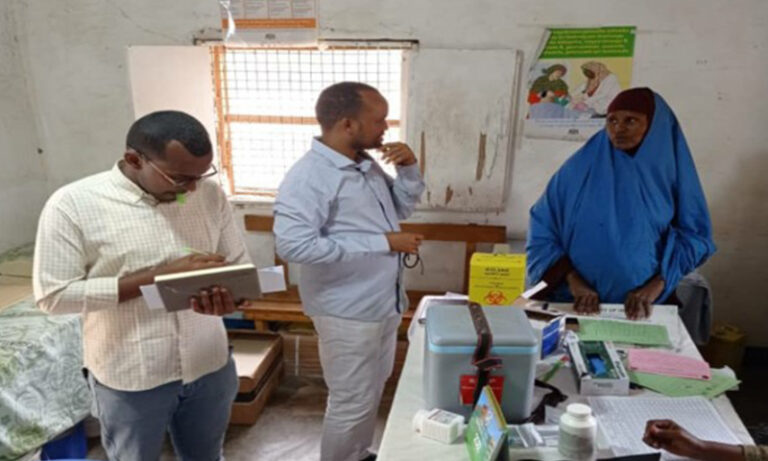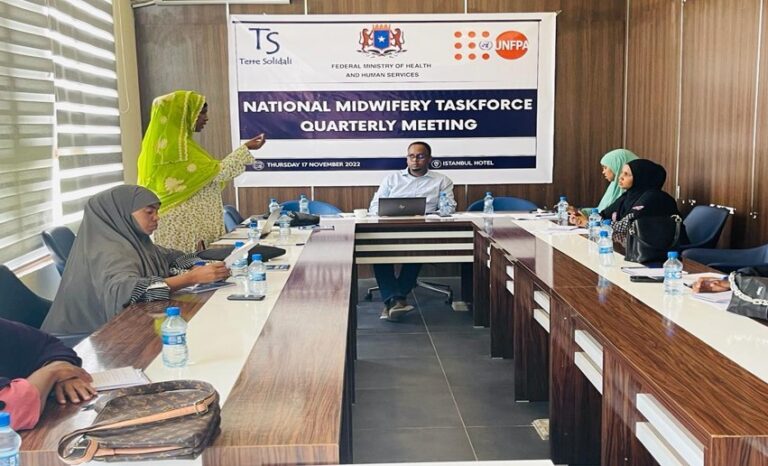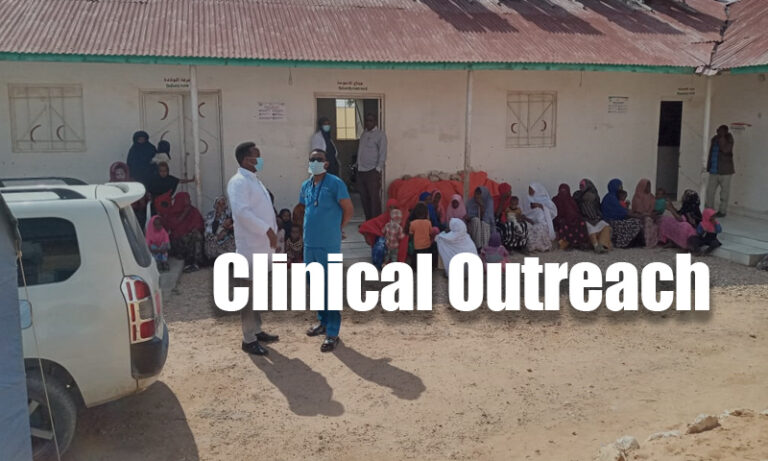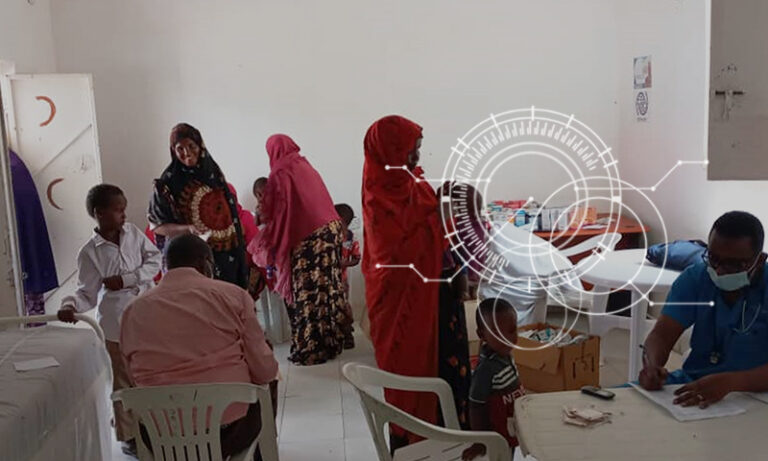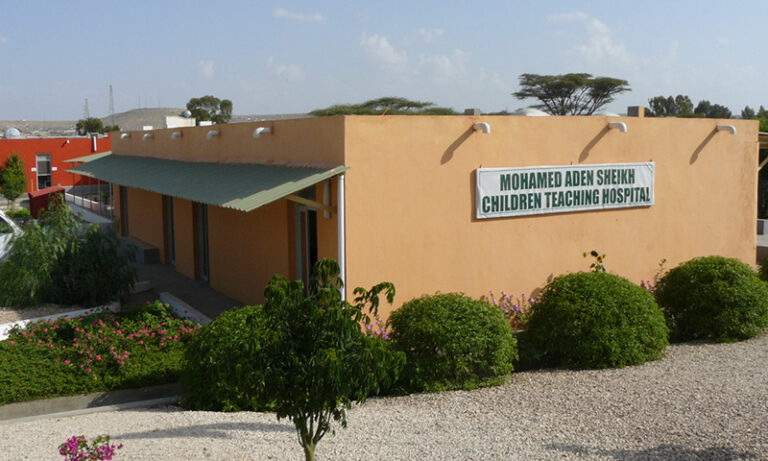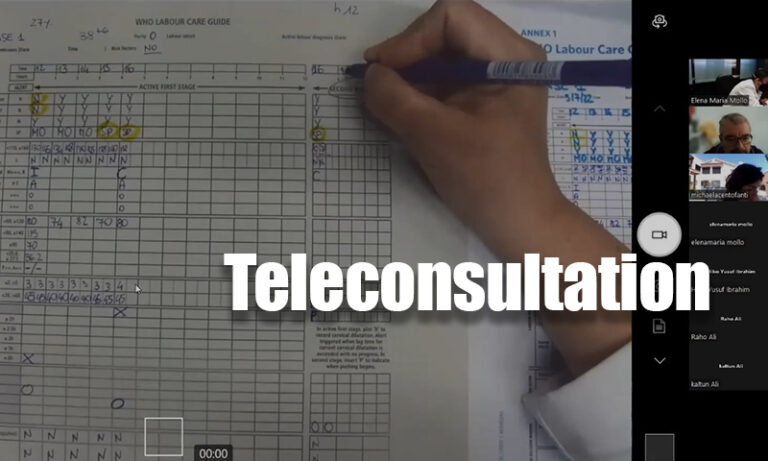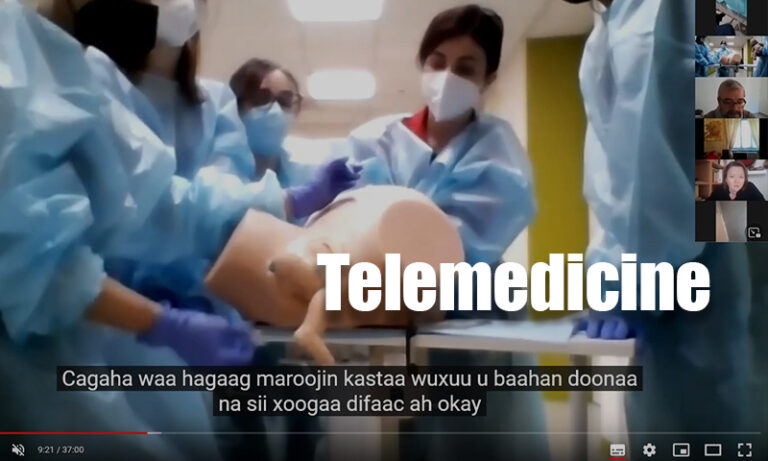CLINICAL OUTREACH
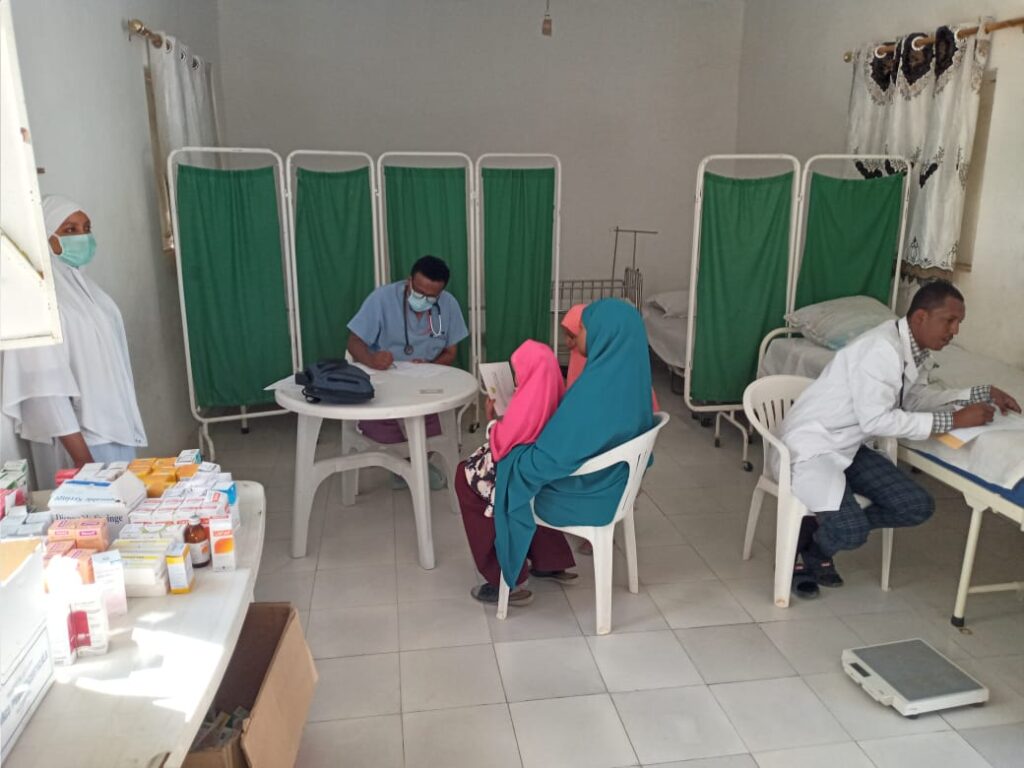
AN ACCESS TO PRIMARY MEDICAL CARE
Clinical Outreach is a very important activity for the child population of Somalia. Terre Solidali applied its method in the IDP camps around Hargeisa, the capital of Somaliland. For three years.
The goal is to facilitate access to primary pediatric medical care for the most vulnerable people and to provide greater awareness of healthcare access in public hospitals.
Thus, the aim is to reduce infant and perinatal mortality in general, by intervening directly in the camps, without waiting for families to make tiring and expensive journeys.
The service is unique both for the free nature and for the quality of the service, and it is in continuity with the hospital activities as part of the staff involved comes from the capital’s children’s hospital.
Since July 2019, Outreach has been taking place regularly on a weekly basis in the IDP camps of Digaale and Guinea Conakry and has helped and visited thousands of children.
The Outreach Method
Introduction
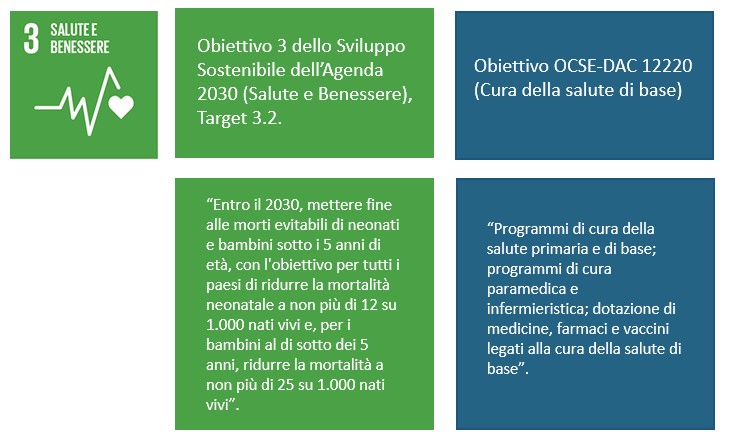
The project provides free care to the infant population (0-14 years) of the Hargeisa camps, with particular attention to the perinatal period and the sensitive range from 0 to 5 years.
According to the Somali Health and Demographic Survey 2020, maternal and infant mortality still has very high rates, due to the limited diffusion of prenatal care, poor postnatal care and the low number of adequate health facilities or skilled health workers.
The scarcity of health education has a dramatic impact on infant health and mortality and consequently on that of the entire population of Somalia. Out of an estimated total of around 12.3 million inhabitants, around 55% are in fact under the age of 15. Furthermore, 23% of the population lives in rural areas, 26% is nomadic and 51% lives in urban contexts.
The project intends to intervene on real needs identified in the population: a) the economic impossibility of accessing treatment (65%), b) the distance from the nearest health facility (62%) and c) the reluctance to go alone to seek health care (47%).
Diagnosis and medicines
In addition to the free visit and diagnosis, ensured by the MAS CTH staff, users also receive free medicines for treatment.
Many children receive more than one diagnosis and consequently more than one medicine.
PATHOLOGIES
Most of the children who have used the Outreach have already historically confirmed pathologies: gastrointestinal problems, pulmonary inflammation, tonsillitis. A particular area that has a significant numerical impact is that linked to infections due to little or little attention to hygiene, such as dermatitis and parasitosis.
It is useful to underline that the meeting in Outreach is never a purely technical moment of control, but also an occasion for dialogue with the companion (who is almost always a mother, often a grandmother or sometimes an aunt, but only in very rare cases a father). The doctor provides recommendations every time which, in the event of little attention to hygiene, become even more precise.
Education in personal hygiene, cleanliness of clothes and the living environment is always underlined by the doctor, although the availability of water can sometimes prove problematic. The prefab in the field where the outreach takes place, despite its simplicity, always contains useful information, hanging infographics and others available as flyers for a more precise culture of hygiene.
The user therefore enters an environment in which he not only finds a free, necessary and sometimes indispensable medical consultation, but also accesses an orderly, reliable, educational context which it is hoped will extend its fruits even when returning home. The logic of change and strengthening of healthy habits also passes through these simple advices in the face of a clear and evident diagnosis (parasitosis, dermatitis).
The phases of an outreach


Screening and initial triage – While waiting, basic information about the child is collected, such as age, sex, weight, symptoms, to speed up visits. All data is initially recorded manually and then, once Outreach is complete, transferred to the computer in order to have a complete report for each date and field.
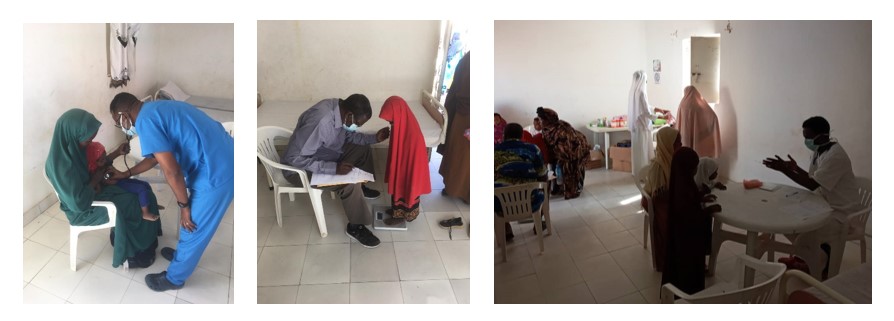
Visit – After the initial screening, following the numerical order, the doctor, assisted by the rest of the staff, visits the patient and prescribes the drugs. A precedence is still assigned to cases that are more acute.
Delivery of drugs – The drugs are distributed by the MAS staff in the final phase of the visit.
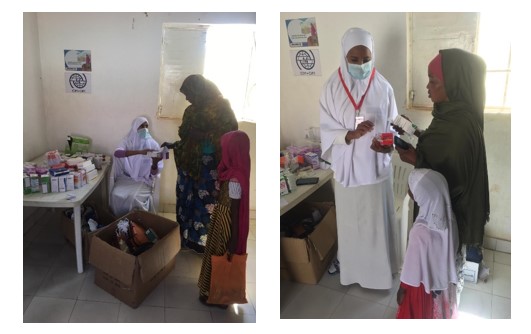
Development of an informatic application
… to monitoring the progress of outreaches.
Terre Solidali dedicated an application for the management and monitoring of all outreach data. This has greatly improved Terre Solidali’s ability to understand the progress of clinical activities, in all indicators (and others have been added).
A) Progressive and automatic list of outreach
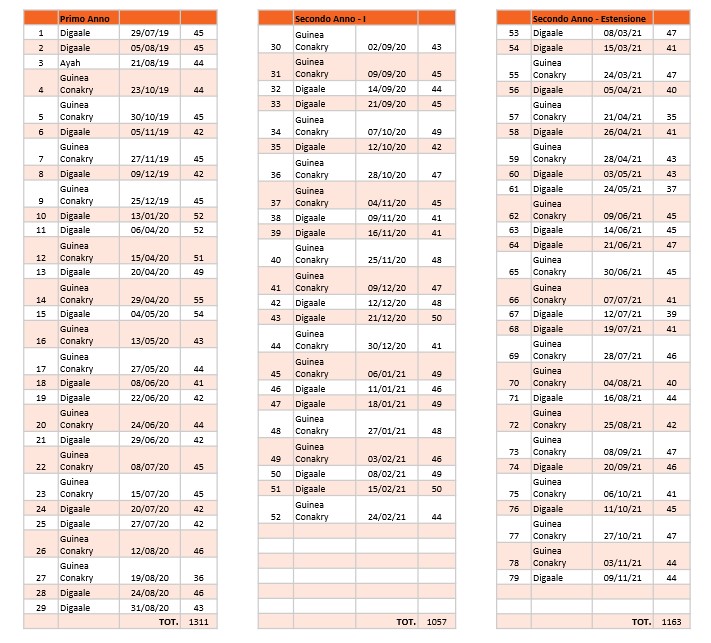
B) Summary of diagnoses in general
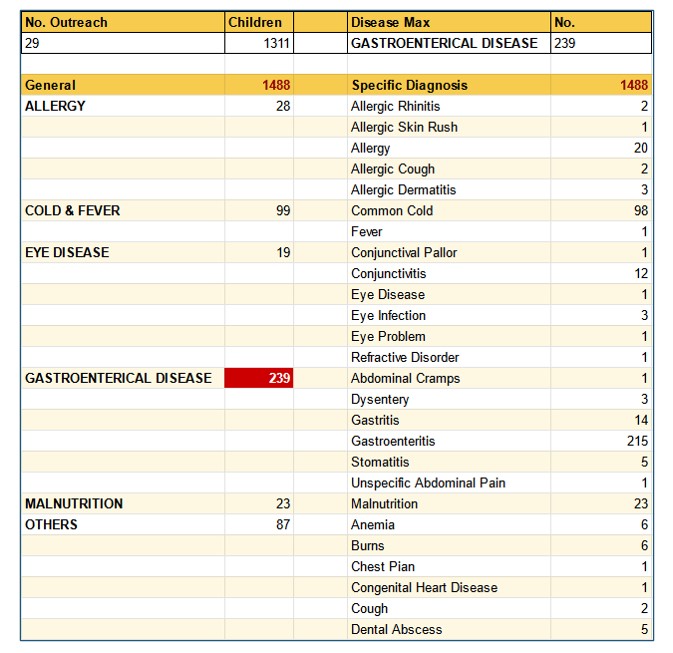
C) Summary of diagnosis for single Camp
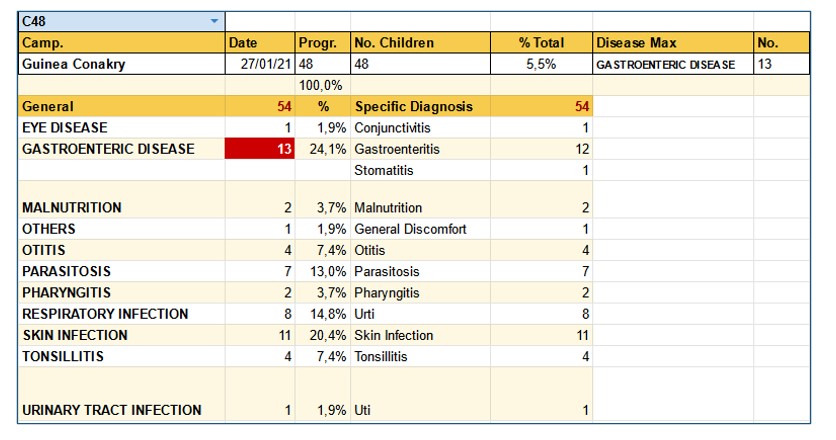
D) The list of diagnoses divided by month
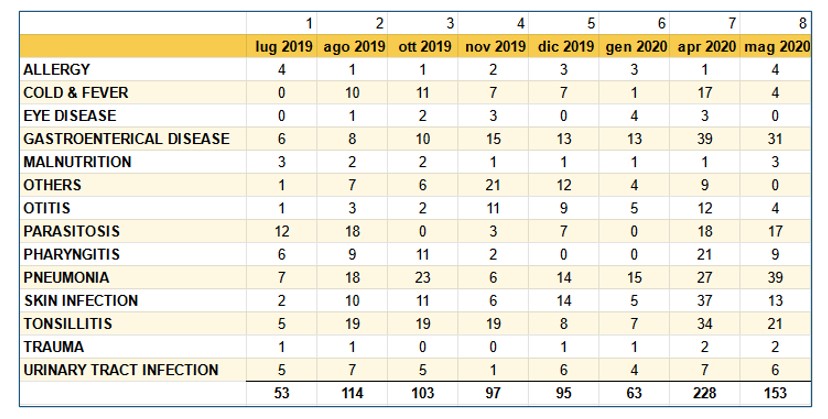
E) The list of diagnoses divided by percentage of the average
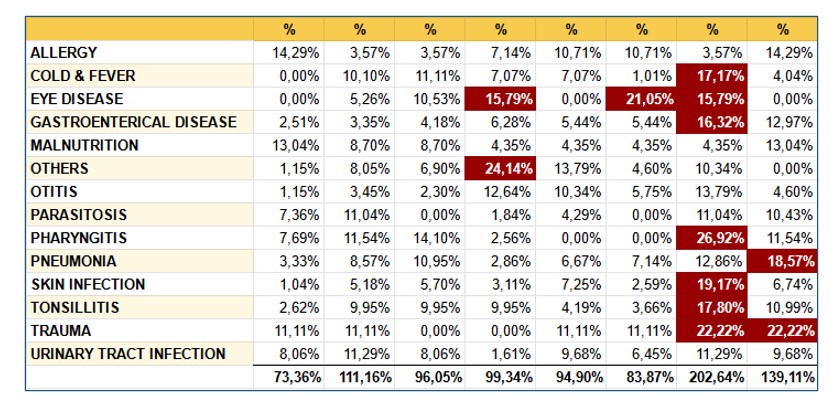
F) The empirical summary of the medicines administered
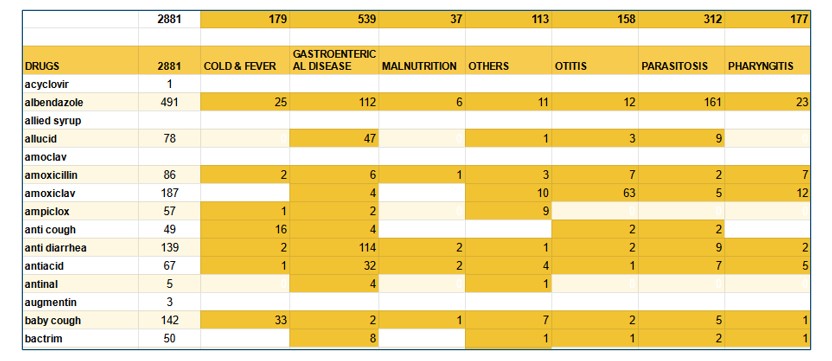
G) The types of medicines administered for diagnosis
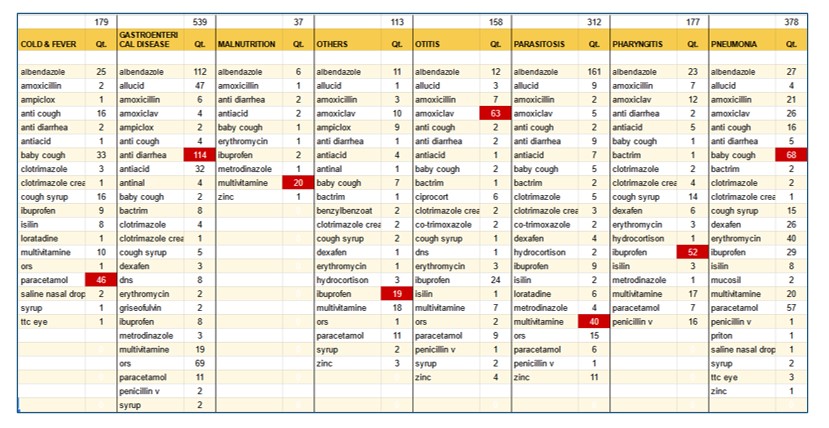
H) Summary by age and gender
